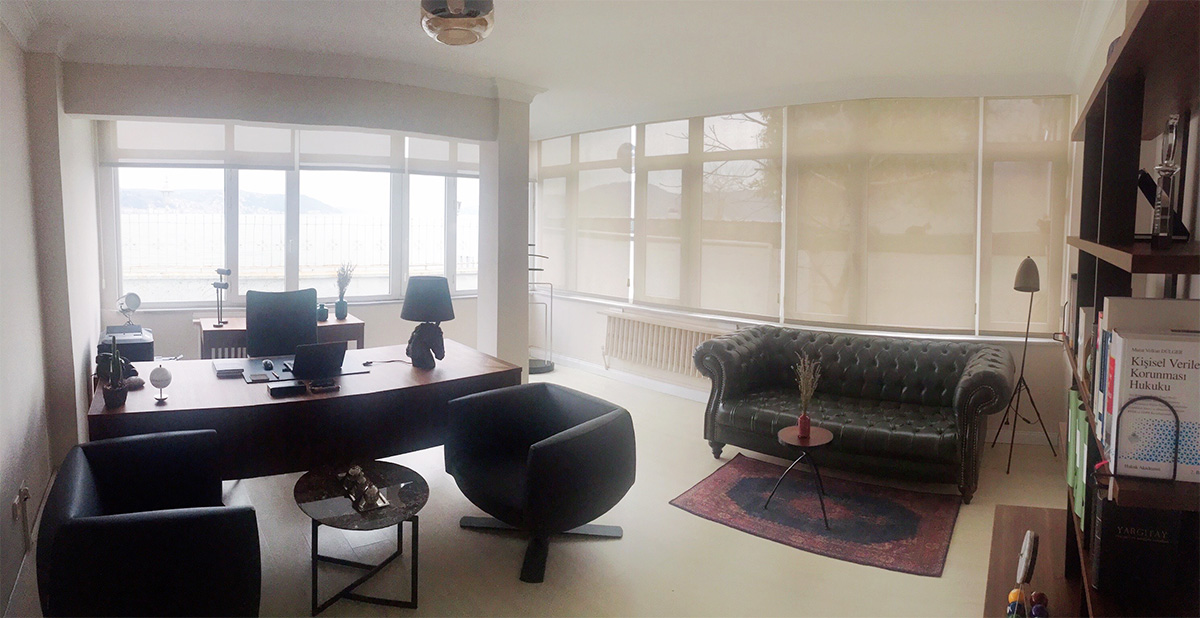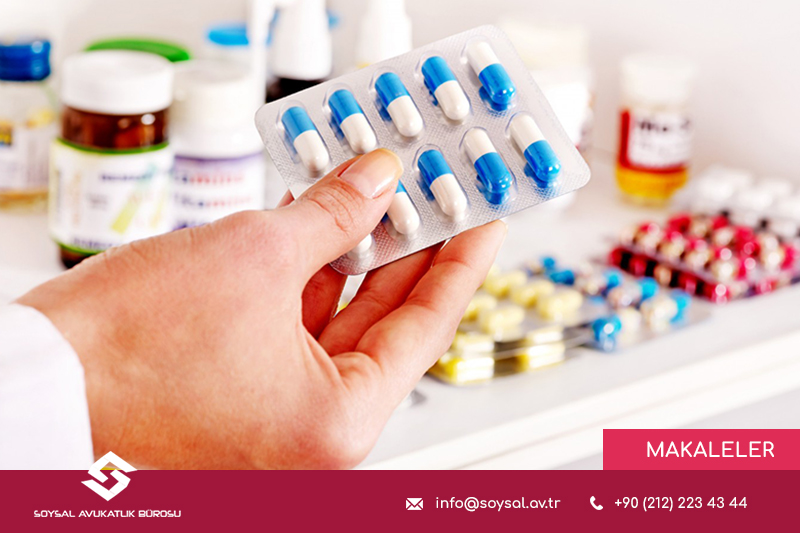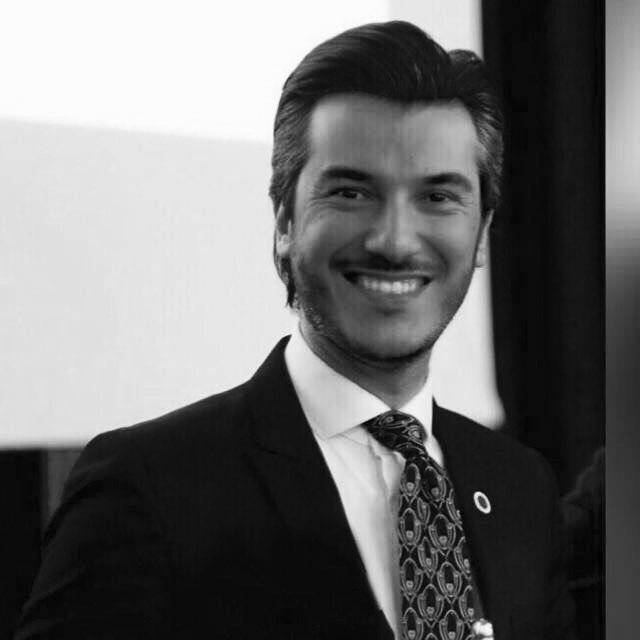COMBATTING COUNTERFEIT HEALTCARE PRODUCTS
COMBATTING COUNTERFEIT HEALTCARE PRODUCTS
The trend in illegal trade of counterfeit goods continues to increase. Healthcare products, including pharmaceuticals, still constitutes an important product category upon which counterfeiters concentrate. There are actually many reasons for this. First of all, there is a consistent and increasing demand for pharmaceutical product consumption. Second, as counterfeit pharmaceutical products are manufactured very close to their genuine versions, it is really hard for an average consumer to notice if he/she has purchased a counterfeit product. As counterfeiting in healthcare products affect not only the rightholders but also the patients in general, enforcement authorities should carefully monitor this issue and take exofficio action where needed.
Pharmaceuticals
The Turkish Criminal Code contains two provisions regarding the prevention of trade of counterfeit/spoilt pharmaceutical products. Pursuant to Article 186, one who sells, provides or possesses spoilt drugs that may affect others’ lives and health shall be subject to 1 to 5 years imprisonment and a judicial fine. Further, Article 187 stipulates that manufacturing such spoilt products shall require the same penalties. If these offences are perpetrated by officials, such as doctors or pharmacists, the penalties are aggrevated by one third.
As stated above, there are sufficient and effective criminal sanctions in criminal legislation against manufacturing and selling of counterfeit pharmaceutical products. However, in practice, the offence that is frequently observed is not the sale of fake products but fake packaging and price tags.
Packaging and Price Tags
As it is very easy to obtain pharmaceutical packaging from any printhouse, perpetrators tend to commit such offence in order to gain illegal benefits by cheating the reimbursement system. Unfortutanely, the provisions stated above regarding fake drugs, cannot be applied to such offences, as the wording of the Criminal Code provisions is limited to drugs and food. If the circumstances of each case allow, i.e. if the fake packaging or price tags are actually used to obtain illegal benefit from the reimbursement authorities, the provisions on forgery and fraudelent activity can be applied. If such are not submitted to any authority, then the remaining action to be taken under the protection of trademark rights. Recently, the Ministry of Health (“MoH”) introduced pharmaceutical tracking system, where products will be identified by 2D barcodes starting from the manufacturing phase. It is possible to process each product in the reimbursement system only once, as each barcode allows one single transaction. It is expected that this new system, will help a lot in reducing the fake packaging and price tags.
Medical Devices and In Vitro Test Devices
Another group that counterfeit products are sold to the customers are the medical devices and in vitro test devices. As stated above, there is a legal gap for these products as well, as the Criminal Code explicitly prohibits only pharmaceuticals and food. Rightholders also face parallel import of expired or spoilt devices. In such case, they are able to apply to the courts and prosecution offices with the request to cease trademark infringement, as spoilt or expired products can not be presented to the market under a protected trademark. Otherwise, the original trademark would be harmed. It is also possible to make administrative complaints to the relevant departments of the MoH, as the use of such devices constitutes hazard to the patients’ health.
Combat with Counterfeit Pharmaceuticals in Practice
Police units have developed their skills to investigate the sources of counterfeit products and packaging. The products seized during the police investigations are examined by the MoH and the results are submitted to the prosecution offices. In the recent term, the most frequently observed counterfeit products are slimming pills, afrodisiac products and products used for preventing hair loss, etc. Another increasing trend is the increase of selling pharmaceutical products via the Internet. This is definitely in breach of legislation, as in Turkey only pharmacies are authorized to sell pharmaceutical products. Another vital aspect to combat this issue is public awareness. Consumers should be educated via newspapers, TV and radio channels, to purchase pharmaceutical products only from pharmacies and to avoid any proposal from third parties to get involved in claiming their payments from the reimbursement authorities.
Hızlı Erişim

Soysal Avukatlık Bürosu; 2015 yılında İstanbul’da Avukat Süleyman Mert Soysal tarafından kurulmuştur. Avukat Süleyman Mert Soysal İstanbul’da uluslararası alanda faaliyet gösteren saygın hukuk bürolarında 2006 yılından itibaren özellikle fikri mülkiyet, bilişim, ticaret ve şirketler, sağlık, medya ve reklam hukuku alanlarında çalışmış, bu uzmanlık alanlarından yola çıkarak 2015 yılından itibaren de Soysal Avukatlık Bürosu’nu kurmuştur.
Soysal Avukatlık Bürosu, müvekkillerinin ihtiyaçlarını kendi ihtiyacı gibi görüp; taleplerini daima ön planda tutmayı temel prensip edinmiştir. Çalışmalarımızda; genç, dinamik ve istekli yapımızla müvekkillerimize gerekli en yakın ilgi gösterilirken uluslararası alanda faaliyet gösteren hukuk bürolarında 15 yıla yakın çalışarak elde ettiğimiz deneyim ve kurumsal yapı anlayışı da yansıtılmaktadır. Bu çerçevede Büromuz gerek dava takibinde gerekse ticari işletmelerin günlük işlerinden doğabilecek hukuksal sorunlarda müvekkillere en hızlı ve fakat en kapsamlı ve etkili çözümler sunmayı hedeflemektedir. Soysal Avukatlık Bürosu, iş dünyasındaki yenilikleri de çeşitli mesleki üyelikleri ve katıldığı konferanslar aracılığı ile takip ederek yurt içindeki çalışmalarına katkı sağlamaktadır.
Etiketler
Son Makaleler
Haberler
Soysal Avukatlık Bürosundan Haberler


